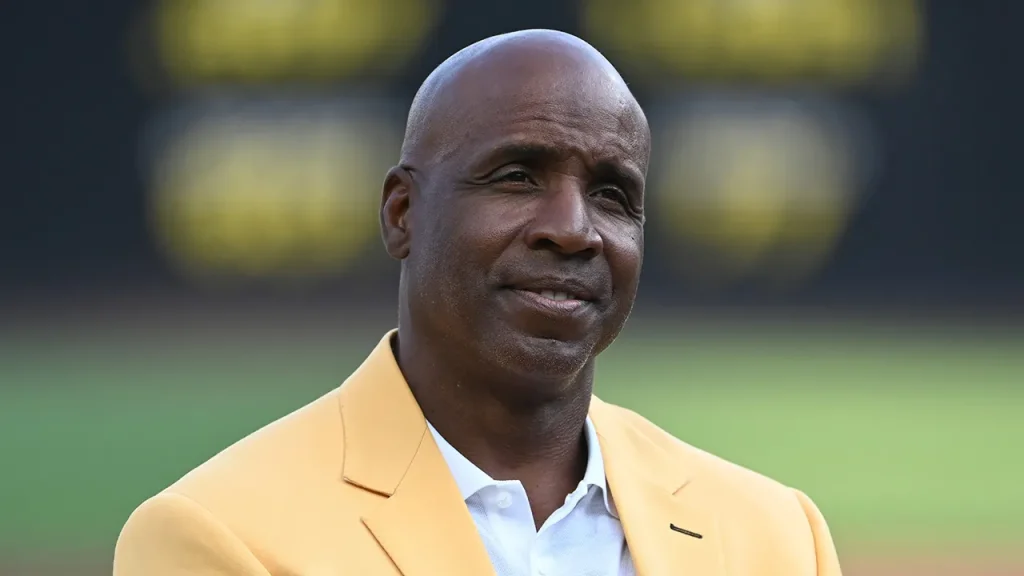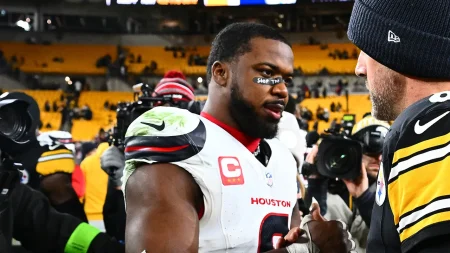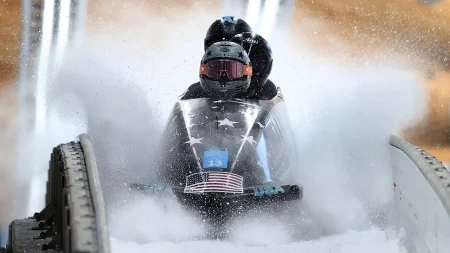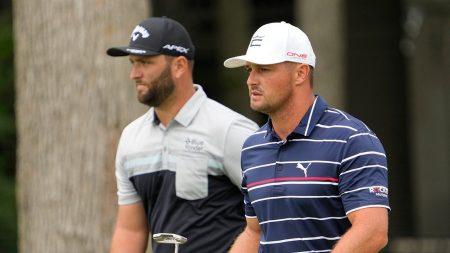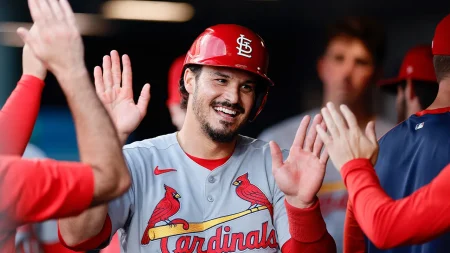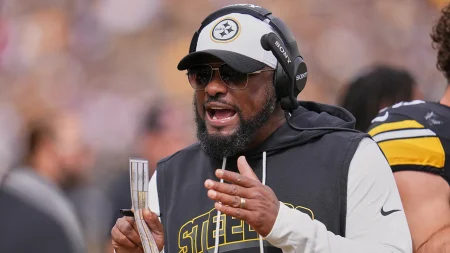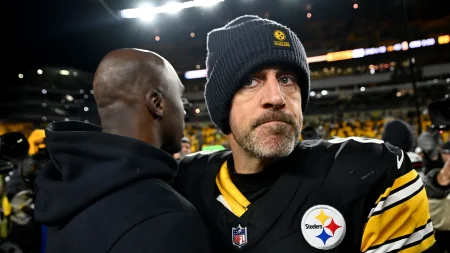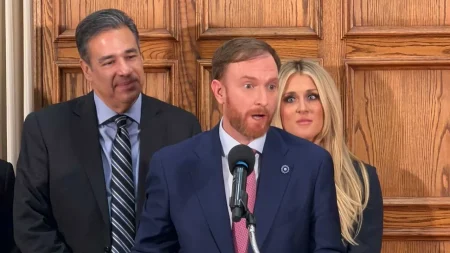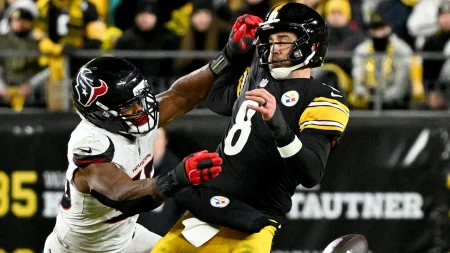Bonds and Clemens Get Another Shot at Baseball Immortality
In the hallowed halls of Cooperstown, where baseball legends are immortalized for eternity, a new chance has emerged for some of the sport’s most polarizing figures. The National Baseball Hall of Fame has announced its contemporary baseball era committee ballot for the Class of 2026, featuring familiar names who have long lingered on the edges of baseball immortality. Barry Bonds and Roger Clemens, two of the most statistically dominant players in history whose careers were shadowed by steroid allegations, headline a ballot that includes Don Mattingly, Dale Murphy, Carlos Delgado, Jeff Kent, Gary Sheffield, and Fernando Valenzuela. This committee, comprising 16 voters, will convene during the winter meetings in Orlando on December 7 to determine who, if any, will join the baseball pantheon next summer. The magic number remains 75% approval, with successful candidates scheduled for induction on July 26, 2026.
The path to the Hall of Fame has evolved in recent years, with the institution restructuring its veterans committees in 2022 to create separate panels for different eras. The contemporary era, covering 1980 to present, alternates between player ballots and those for managers, executives, and umpires on a three-year cycle. When this committee last met in December 2022, Fred McGriff was unanimously elected while Bonds and Clemens each received fewer than four votes—a significant shortfall from the required threshold. The regular Baseball Writers’ Association of America (BBWAA) will announce their separate voting results on January 20, 2026, completing the two-pronged approach to Hall of Fame selection. This system provides a second chance for players who failed to gain entry through the traditional writers’ ballot, where both Bonds and Clemens exhausted their eligibility in 2022 after falling short of the necessary 75% support.
The shadow of baseball’s steroid era looms large over this ballot, particularly for Bonds, Clemens, and Sheffield. Bonds, MLB’s all-time home run leader with 762 career homers and the single-season record holder with 73, has consistently denied knowingly using performance-enhancing substances despite being implicated in the BALCO scandal. Clemens, whose seven Cy Young Awards and 4,672 strikeouts (third all-time) would make him a first-ballot Hall of Famer under normal circumstances, has similarly maintained his innocence against steroid allegations. Sheffield, another statistical giant with 509 home runs, has claimed he unknowingly used steroid-containing substances during training before the 2002 season. These cases highlight the committee’s central dilemma: how to weigh undeniable on-field excellence against the ethical concerns of baseball’s most controversial era.
The statistical cases for these players remain overwhelming. Bonds transformed the game during his 22-year career, winning an unprecedented seven NL MVP awards and making 14 All-Star appearances while revolutionizing how pitchers approached hitters. Many argue he was already Hall-worthy before his late-career power surge raised suspicions. Clemens, nicknamed “The Rocket,” dominated hitters across four decades, amassing 354 wins and strikeout totals surpassed only by Nolan Ryan and Randy Johnson—both first-ballot Hall of Famers. The other candidates bring compelling cases as well: Don Mattingly’s brief but brilliant peak with the Yankees, Dale Murphy’s back-to-back MVP seasons and exemplary character, Jeff Kent’s unprecedented power from second base, Carlos Delgado’s quiet excellence at first base, Gary Sheffield’s feared presence at the plate, and Fernando Valenzuela’s cultural impact and pitching brilliance.
The contemporary era committee represents baseball’s reckoning with its complicated recent past. When the BBWAA rejected Bonds and Clemens in their final year of eligibility in 2022, many viewed it as the writers taking a moral stand against the steroid era. But the committee system acknowledges the nuance required in these evaluations and the possibility that standards and perspectives may shift over time. In their last appearance on the writers’ ballot, Bonds received 66% support (260 of 394 votes) and Clemens 65.2% (257 votes)—tantalizingly close to the 75% threshold but ultimately insufficient. This committee represents their best chance at eventual induction, though the same moral questions that troubled writers will now face a smaller, potentially more traditional group of voters composed of Hall of Famers, executives, and veteran media members.
Looking beyond 2026, baseball’s most famous banned figure will soon receive consideration as well. The December 2027 ballot will mark the first opportunity for Pete Rose to be considered for the Hall of Fame following Commissioner Rob Manfred’s determination that Rose’s permanent suspension from baseball ended with his death in September 2024. Like Bonds and Clemens, Rose’s case presents the committee with the challenge of separating on-field achievements—in his case, an all-time record 4,256 hits—from off-field transgressions. As baseball continues to wrestle with how to remember and honor its complicated heroes, these committee votes serve as more than just individual judgments on specific players. They represent the sport’s ongoing conversation about values, excellence, forgiveness, and the complex legacy of an era that produced some of the game’s most spectacular performances under the most questionable circumstances. For Bonds, Clemens, and the others on this ballot, December 7 represents perhaps their best remaining chance to cross the threshold into baseball immortality.





